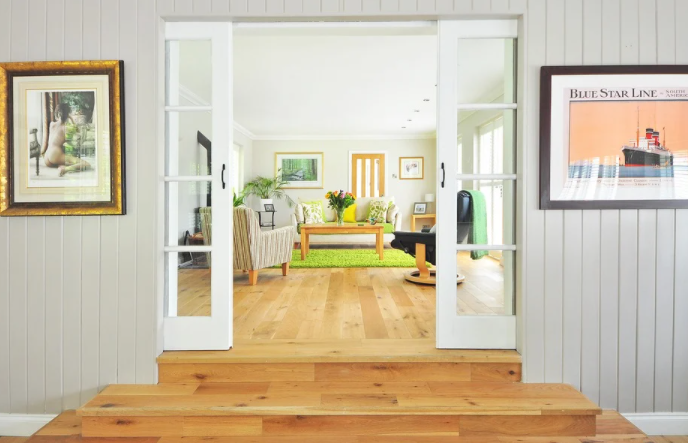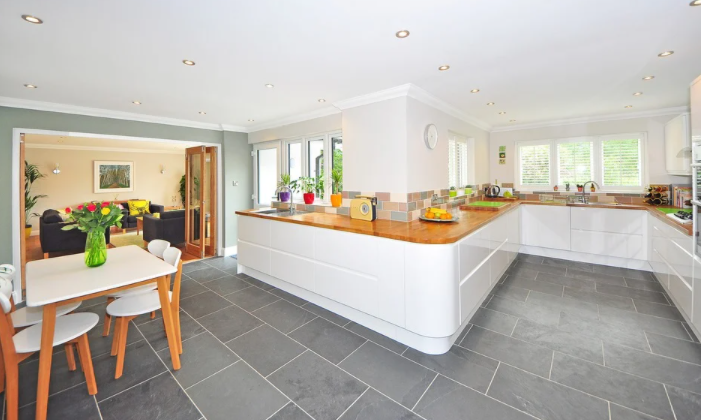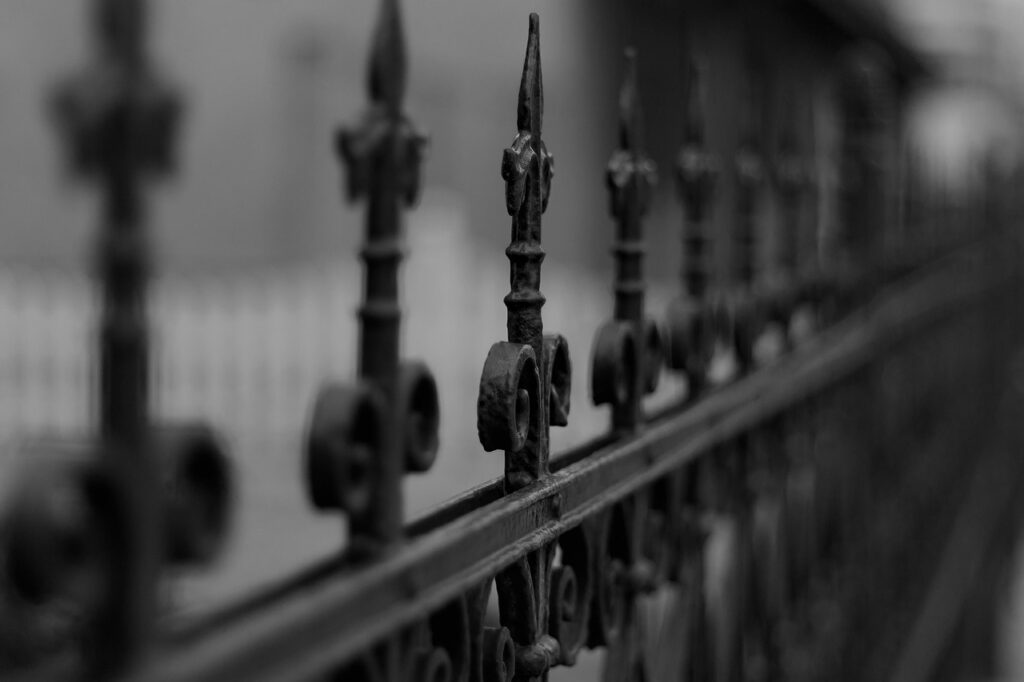
Fences do more than mark the boundaries of your property. They provide security, and privacy, and even add to your home’s curb appeal. Choosing the right fence can feel overwhelming with so many options available today. From wood to vinyl and everything in between, how do you know which one is perfect for your needs? Whether you want to keep pets safe, enhance your backyard oasis, or boost resale value, understanding what makes a quality fence is essential. In Navarre Florida, where weather conditions can vary, selecting a durable and stylish fence is even more important. Let’s dive into everything you need to know about selecting the best fence for your home.
The Importance of Choosing the Right Fence for Your Home
A well-chosen fence serves multiple purposes for your home. At its core, it creates a sense of security that makes you feel safe within your own space. Whether it’s keeping out unwanted visitors or providing a safe haven for children and pets, the right fence is essential. Beyond safety, fences add privacy to your yard. They create an intimate environment where you can enjoy outdoor activities without prying eyes watching from the street or neighboring properties.
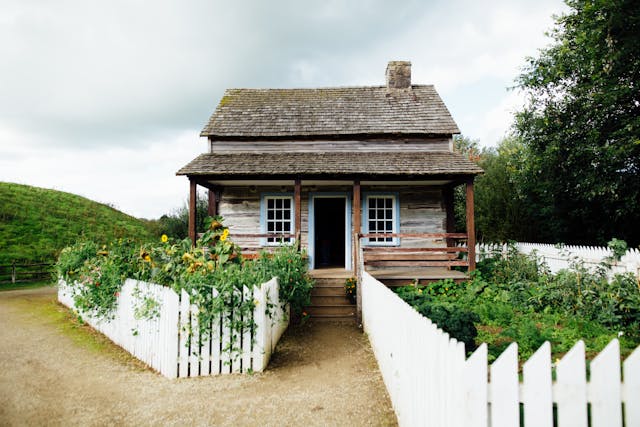
Factors to Consider Before Choosing a Fence
When selecting a fence, start by considering your primary goals. Are you aiming for privacy, security, or perhaps aesthetic appeal? Each purpose can significantly influence your choice. Next, think about local regulations and HOA guidelines. Restrictions on height, style, and materials vary widely and may affect what you can install. The landscape also plays a crucial role. Is your yard flat or hilly? Different terrains might require different installation techniques or types of fencing to ensure stability. Don’t forget about climate conditions in your area. Weather patterns can determine how well certain materials hold up over time.
Types of Fences: Pros and Cons
When it comes to types of fences, each option offers its own set of advantages and drawbacks. Wooden fences deliver charm and warmth, enhancing the aesthetic of any property. However, they require regular maintenance to prevent rot and decay. Vinyl fencing is gaining popularity due to its low upkeep requirements. It’s resistant to fading and doesn’t splinter easily. On the downside, vinyl can be pricier upfront compared to wood. Chain-link fences are budget-friendly and durable but offer little privacy or style. They’re perfect for keeping pets contained while being easy on your wallet.
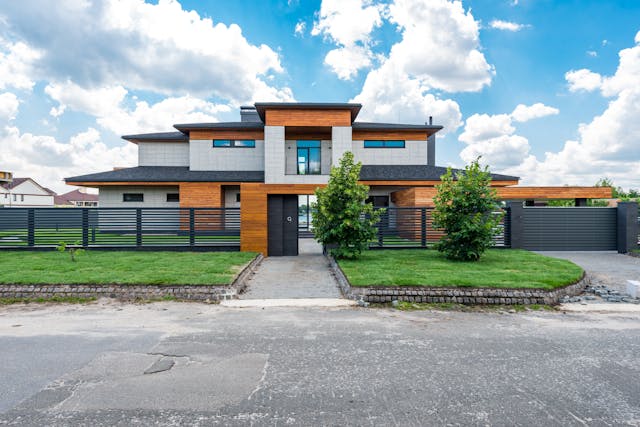
Understanding Different Materials Used for Fences
Fencing materials vary widely, each offering distinct benefits. Wood is a classic choice, providing warmth and natural beauty. It can be customized in height and style but requires regular maintenance to prevent rot. Vinyl has gained popularity for its durability. This material resists fading and doesn’t require painting, making it low-maintenance. However, it may not provide the same aesthetic appeal as wood. Chain link fences are practical and cost-effective. They offer security without obstructing views but lack privacy. Adding slats can improve this aspect.
Considering Maintenance and Durability of Fences
When selecting a fence, maintenance and durability are key factors that shouldn’t be overlooked. A sturdy fence not only enhances your property’s appeal but also stands the test of time. Wooden fences, while charming, often require regular treatments to prevent rot and insect damage. They may need repainting or staining every few years to maintain their beauty. On the other hand, vinyl and metal options tend to demand less upkeep. Vinyl won’t warp or fade significantly over time, making it a popular choice for busy homeowners. Metal fences are robust against weather conditions but might require occasional rust treatment.
Budgeting for Your Fence: Cost Considerations
When planning your fence project, budgeting is key. Fencing costs can vary widely based on materials, labor, and size. Start by determining how much fencing you need. Measure your yard carefully to avoid over- or under-purchasing. Next, consider the type of material you want. Wood tends to be more affordable upfront but may incur higher maintenance costs later. Vinyl and aluminum are generally pricier but offer durability with less upkeep. Don’t forget about installation fees. Hiring a professional might save time and ensure quality but will add to your total cost. If you’re handy, you might explore DIY options to cut expenses.
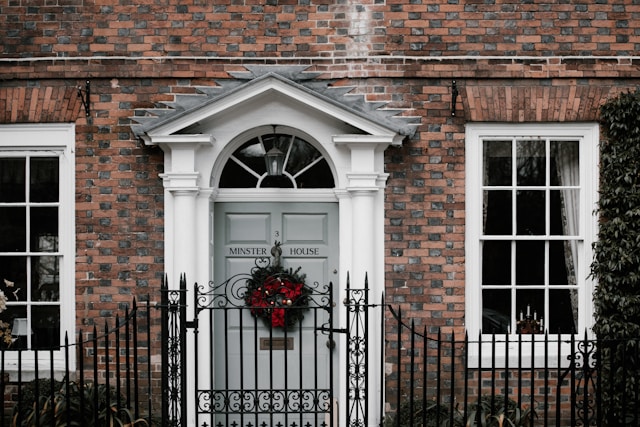
Finding the Right Contractor for Installation
Choosing the right contractor can make or break your fencing project. Start by seeking recommendations from friends and neighbors who have recently installed fences. Their firsthand experiences can guide you toward reputable professionals. Once you have a list, check online reviews and ratings. Pay attention to feedback regarding quality of work, reliability, and communication skills. It’s essential to ask for quotes from multiple contractors. This not only helps in comparing prices but also provides insight into their approach and professionalism.
In Conclusion
Choosing the right fence is a significant decision that impacts your property’s appearance, security, and value. It requires careful consideration of various factors such as style, materials, maintenance needs, and budget. By taking the time to understand your options and what fits best with your lifestyle and home environment, you can make an informed choice.…



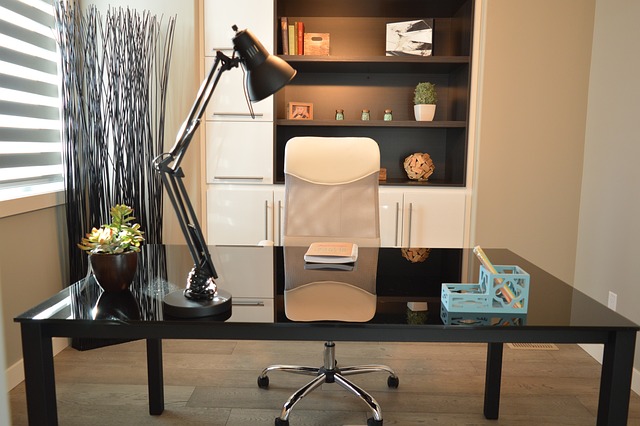
 The fourth way to design your home office is to purchase quality lighting. Don’t settle for fluorescent bulbs or harsh overheads. Instead, look for fixtures that provide sufficient light while creating the right atmosphere. Many people opt for overhead, task, and wall sconces. This allows you to adjust the lighting depending on the time of day and how much light you need for your work. Natural sunlight is also ideal for any home office setup, so ensure you have plenty of windows in the space. Designing a home office doesn’t have to be complicated.
The fourth way to design your home office is to purchase quality lighting. Don’t settle for fluorescent bulbs or harsh overheads. Instead, look for fixtures that provide sufficient light while creating the right atmosphere. Many people opt for overhead, task, and wall sconces. This allows you to adjust the lighting depending on the time of day and how much light you need for your work. Natural sunlight is also ideal for any home office setup, so ensure you have plenty of windows in the space. Designing a home office doesn’t have to be complicated.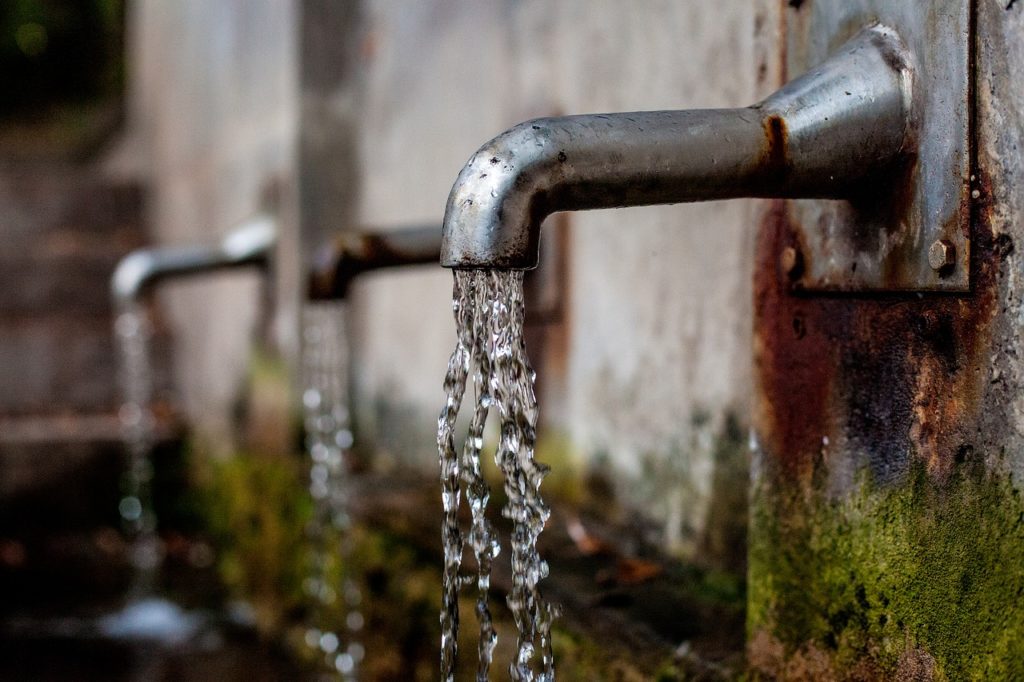
 Activated carbon filters are one of the most popular drinking water filters. They work by adsorbing impurities from the water, which means that they bind to contaminants and remove them from the water. Activated carbon filters effectively remove various pollutants, including chlorine, lead, VOCs, and THMs. They are also relatively inexpensive and easy to find. Their main advantage is that they improve the taste and smell of your water.
Activated carbon filters are one of the most popular drinking water filters. They work by adsorbing impurities from the water, which means that they bind to contaminants and remove them from the water. Activated carbon filters effectively remove various pollutants, including chlorine, lead, VOCs, and THMs. They are also relatively inexpensive and easy to find. Their main advantage is that they improve the taste and smell of your water. Ultra violet filters are the most expensive type of drinking water filter. However, they are also the most effective at removing impurities from your water. Ultra violet filters work by exposing your water to ultraviolet light. This process kills bacteria and other organisms in your water, making it safe to drink. Ultra violet filters can last for several years before needing to be replaced. In addition, most ultra violet filters come with a warranty. These filters will remove all impurities from your water, making it safe to drink. In addition, they will last for many years before needing to be replaced.
Ultra violet filters are the most expensive type of drinking water filter. However, they are also the most effective at removing impurities from your water. Ultra violet filters work by exposing your water to ultraviolet light. This process kills bacteria and other organisms in your water, making it safe to drink. Ultra violet filters can last for several years before needing to be replaced. In addition, most ultra violet filters come with a warranty. These filters will remove all impurities from your water, making it safe to drink. In addition, they will last for many years before needing to be replaced.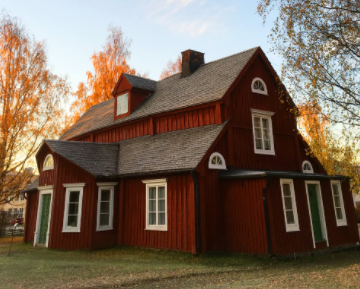
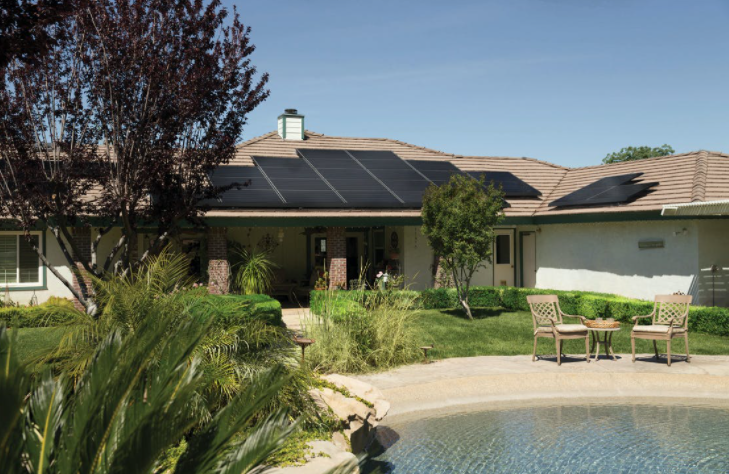
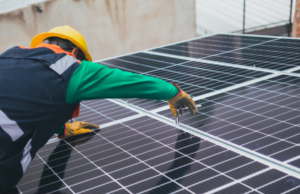 Install solar panels if you want to build an eco-friendly home. Have a professional roofer check to see if your roof can support the weight of solar panels. While the initial cost of installing solar panels is an issue, it is less so if you want to improve energy efficiency over time. If you live in an area with good sunlight year-round, you can sell some of your solar power to the grid. You have the opportunity to be a prosumer.
Install solar panels if you want to build an eco-friendly home. Have a professional roofer check to see if your roof can support the weight of solar panels. While the initial cost of installing solar panels is an issue, it is less so if you want to improve energy efficiency over time. If you live in an area with good sunlight year-round, you can sell some of your solar power to the grid. You have the opportunity to be a prosumer.